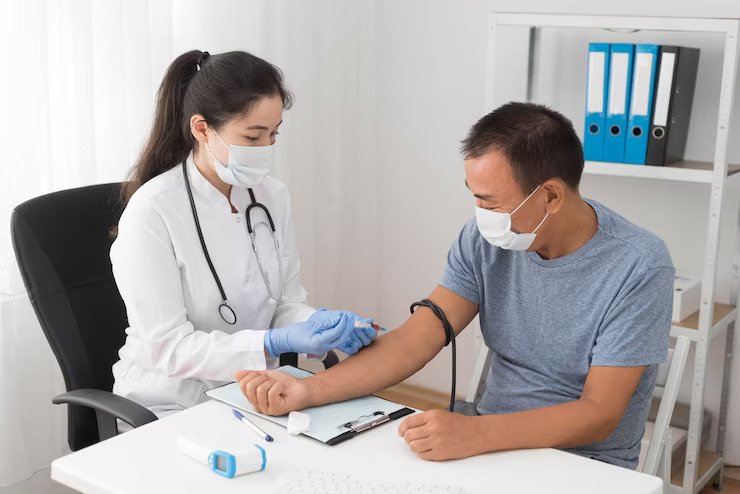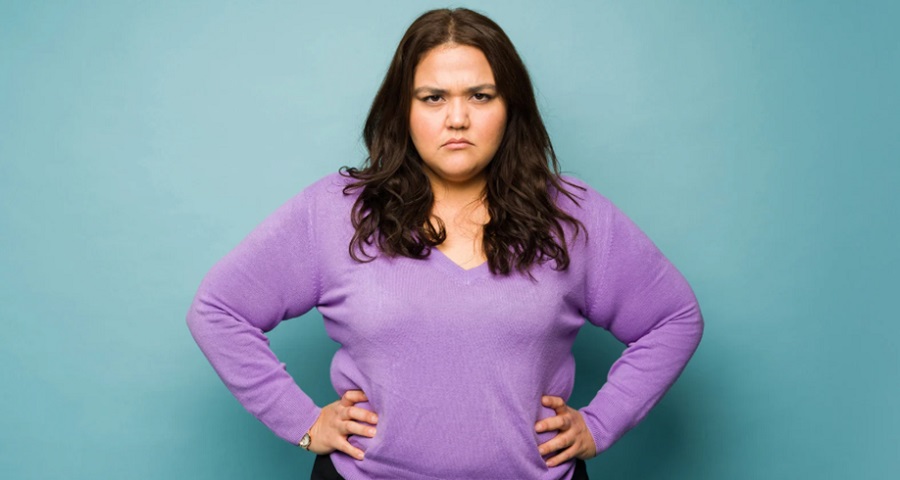Preventive healthcare is becoming increasingly important in a world where busy lifestyles and chronic illnesses are common. While many people wait until they feel unwell to see a doctor, regular health screenings can catch potential problems before symptoms appear. One frequently asked question is: At what age should you start getting a full body health check up?
The answer depends on several factors, including your age, family history, personal risk factors, and overall lifestyle. Let’s explore the optimal timing and benefits of these comprehensive health assessments.
Understanding the Purpose of Full Body Check-Ups
A full body check-up is a broad medical screening designed to assess your overall health. It typically includes blood tests, urine analysis, imaging scans, and physical examinations to detect early signs of common conditions like heart disease, diabetes, cancer, and liver or kidney disorders.
The primary goal is to identify risk factors or silent diseases in their earliest stages. This proactive approach allows for lifestyle changes or treatments that can prevent progression and avoid more serious complications down the line.
Early Adulthood: Laying the Foundation
Many health experts suggest starting with basic health screenings in your 20s. While you may feel perfectly healthy during this period, it’s a good time to establish a medical baseline. This can help track changes in your health as you age.
In your early adult years, focus is usually placed on weight, blood pressure, cholesterol levels, and mental health. Annual visits may include a general physical exam and age-appropriate vaccinations. For most, a full body check-up isn’t necessary every year at this stage but may be considered once before age 30, especially if there is a family history of chronic disease.
The 30s to 40s: Increasing Awareness and Risk Factors
By the time you reach your 30s, lifestyle stress, career demands, and less active routines can start affecting your health. It’s during this decade that many people begin to show early signs of high cholesterol, hypertension, or insulin resistance.
Doctors often recommend getting a full body medical assessment in your 30s, particularly if you have a family history of heart disease, diabetes, or cancer. Early screenings for blood glucose, liver and kidney function, and possibly imaging studies (such as ultrasound or X-ray) may be included depending on your medical background.
In your 40s, regular check-ups become even more crucial. Risk factors for chronic illnesses tend to increase during this time, and early detection becomes a priority. Annual screenings for cardiovascular health, colon cancer, breast or prostate cancer, and metabolic health are typically advised.
After 50: Prevention Becomes a Priority
From age 50 onwards, full body check-ups are highly recommended at least once a year. This age group is particularly vulnerable to conditions such as colon cancer, osteoporosis, and cardiovascular diseases.
Screenings become more specialized as you age. For instance, post-menopausal women may require bone density scans, while men might be advised to monitor prostate health closely. Vaccinations such as shingles or pneumonia also come into the picture during this stage of life.
The benefit of consistent screenings is the ability to track subtle changes over time. Early interventions are often less invasive and more effective than treatments for advanced-stage diseases.
Customizing Your Screening Schedule
Age is an important guide, but it’s not the only factor. Your personal health history, lifestyle choices, and genetic predisposition should also influence the timing and frequency of your check-ups. Smokers, heavy drinkers, individuals with sedentary jobs, or those with a family history of serious illness may need earlier and more frequent screenings.
Doctors can tailor your health assessment plan to meet your unique needs. For example, a person with a parent who had early-onset cancer may need screenings well before the standard recommended age.
Don’t Wait for Symptoms to Start
One of the biggest misconceptions about full health screenings is that they’re only necessary when you’re feeling unwell. In reality, many serious conditions—such as high blood pressure, certain cancers, and type 2 diabetes—develop silently, without any noticeable symptoms until the disease is advanced.
Getting a full body check up gives you peace of mind and a proactive strategy to stay ahead of potential problems. It shifts your healthcare focus from treatment to prevention—a change that can have lifelong benefits.
Conclusion
So, what age should you start getting full body check-ups? While there’s no single answer for everyone, starting in your 30s is a smart move for most adults, especially those with risk factors. By your 40s and 50s, these check-ups should become a regular part of your health routine.
Health isn’t just about how you feel today—it’s about what’s happening inside your body that you may not yet see. Prioritizing routine screenings is one of the most effective ways to protect your future and invest in long-term wellness.







